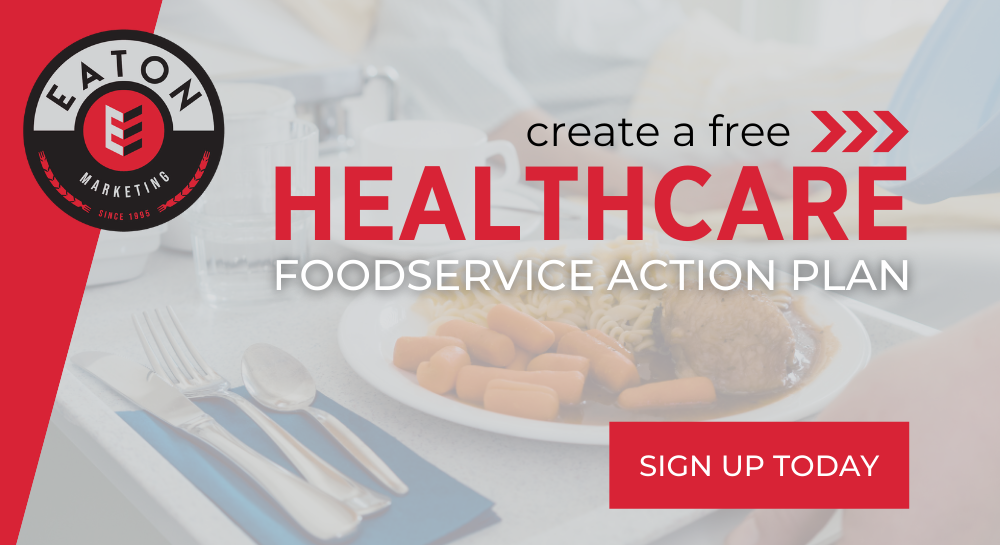The Importance of Gluten-Free Foodservice in Healthcare
Gluten-free diets are no longer trends for people who think they'll lead to weight loss. The reality is, there are autoimmune diseases like celiac that force people into eating gluten free in order to maintain quality health.
Without getting into the medical details, even a small amount of gluten can lead someone into a period of sickness for many hours. For hospitals and healthcare facilities where safety and wellness are the top priority, it's almost unimaginable to think gluten-free foodservice isn't an option, especially when you consider how foodservice is so critical to a hospital's reimbursement rate.
TIPS FOR PROVIDING SUCCESSFUL GLUTEN-FREE FOODSERVICE IN HEALTHCARE
Similar to other types of foodservice operations, there are tips and techniques that are critical to providing gluten-free foods. The main difference being that food is a source of wellness in hospitals when compared to eating dinner in a restaurant, for example. As such, it needs to be treated a bit more carefully.
DEVELOP MEALS AND SUPPLY CHAINS.
The first step in serving gluten-free foods is to determine what gluten-free foods will be served -- and where to source them. By their nature, a heavier focus on fruits and vegetables can lead to more gluten independence, as well as healthier outcomes. Instead of pasta, perhaps zucchini noodles could be an option. If not, where can gluten free pasta be sourced? It's critical to develop gluten free menu options, and then determine where those ingredients will be sourced.
TRAIN STAFF ON BEST PRACTICES.
In many cases, even a small amount of gluten can lead to disastrous outcomes for certain patients. That means a simple puff of flour can make someone sick. With gluten-free menus comes the need for gluten-free processes, and staff members should be properly trained on how to ensure safety. There are training programs that can help directors train employees on avoiding cross contamination.
ORGANIZE YOUR KITCHEN TO ENSURE SAFETY.
Finally, those processes have to be organized inside the overall structure of the kitchen. Equipment and supplies can go a long way to avoiding the potential for cross contamination. From cutting boards to separate fryers, how the kitchen is organized will impact processes the staff must follow.
Take advantage of our foodservice expertise to help increase satisfaction scores and reimbursement rates. Get a free healthcare foodservice action plan assessment today.




